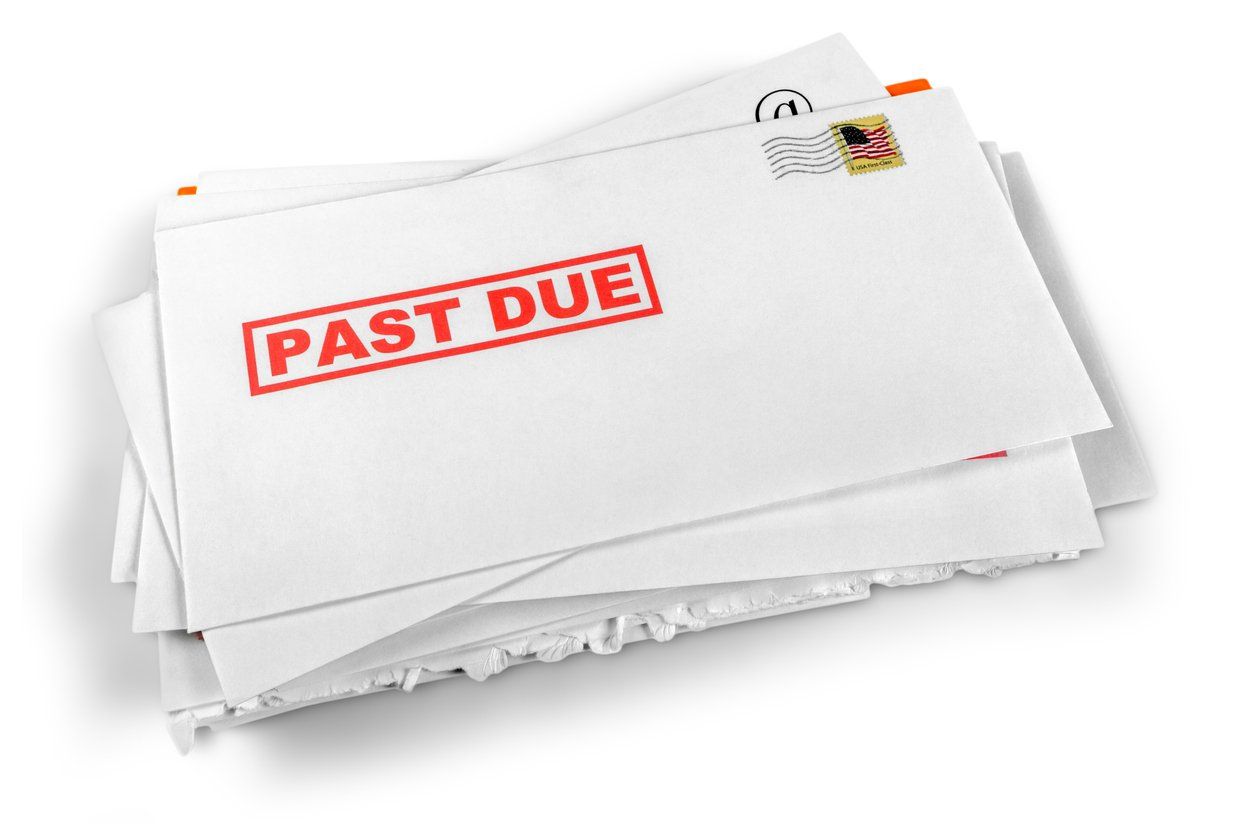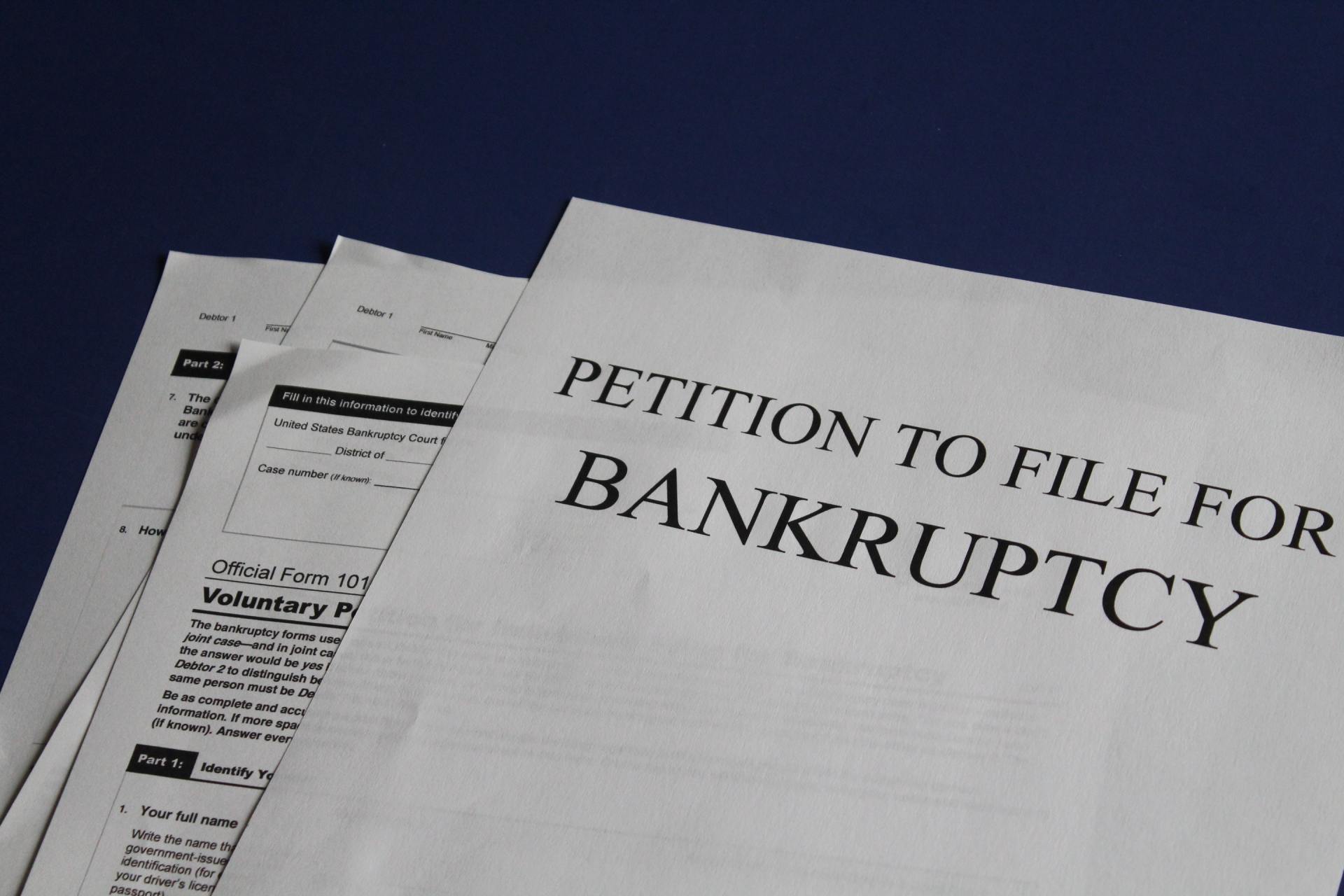What Not To Do Before You File for Bankruptcy
September 23, 2019
In my experience as a Colorado bankruptcy attorney there are a few things I see people do prior to filing a bankruptcy that had they first consulted an attorney they easily could have avoided. Please read this to save yourself some trouble down the road if you are considering filing a bankruptcy.

Fraudulent transfers.
When Congress enacted the bankruptcy code they did not want a system that could easily be abused by Debtors. One situation that troubled Congress was where a person would transfer any assets of value to friends and family prior to filing their bankruptcy. Then they would go into the bankruptcy and say they have nothing for the Trustee to take and give to the creditors and get a discharge of all their debts. That is not how bankruptcy is supposed to work. The deal is supposed to be in exchange to you submitting yourself to the system and turning over your unprotected or non-exempt property you get to discharge your debts. Bankruptcy is a two edged sword and its reward of the discharge must come with the liquidation of non-exempt property. So when a person transfers property prior to filing a bankruptcy case they must receive fair market value for the property. If you receive no value or less than fair market value, the Court or Trustee will have the authority to void the transfer and give it to your creditors. What's worse is that if you had been entitled an exemption on the property you lose your right to exempt the property after you transfer it. So if you plan to sell something prior to filing a bankruptcy case, CONSULT YOUR ATTORNEY.
Preference payments.
The bankruptcy code is meant to be a fair distribution of assets to the creditors. Granted in a lot of chapter 7 cases there are no assets to distribute, you can sometimes create an asset unwittingly. A person in financial duress may find themselves loaning money from family or close friends. There is nothing wrong with that. The problem instead comes when you pay your family member or close friend back and then file your bankruptcy. Now you have created a preference payment. Because bankruptcy is meant to be a fair distribution of assets to creditors, Congress did not want a person paying back one creditor (if they loaned you money, then they too are in fact a creditor) and then bankrupting on everyone else. So in that situation the Trustee has the authority to take back the money you paid your family member or close friend and redistribute it to all the creditors. This can go back a year from your filing date. So if you want to pay back a family member or close friend, CONSULT YOUR ATTORNEY. There are ways to do this without triggering the statute!
Don't assume everything you own will be taken. A common reason I am given that people waited so long to file is that they thought everything they own would be sold at auction. This is not true. Most chapter 7 cases are no asset cases. This means that the Trustee found nothing to distribute to creditors.
Tax refunds. In Colorado the bankruptcy Trustees like to take tax refunds. A good bankruptcy attorney knows this and can assist you in properly preparing to reduce your exposure or allow you to keep it entirely. There are too many scenarios to go into for this article but make sure you CONSULT YOUR ATTORNEY so you know what to expect in your situation.
Purchase of a vehicle just prior to filing. Now in a lot of cases this does not matter and the car purchase will not be affected by the bankruptcy. But remember the preference payment issue. The same issue can arise with a vehicle financing. A little background of what happens when you finance a vehicle. After you finance your car the lender has 30 days (in Colorado) to perfect the security interest it has in the vehicle. This means the lender needs to submit the financing paperwork to the DMV within 30 days. Failure to do this and then a bankruptcy filing within 90 days may result in the Trustee making your car lender an unsecured creditor. At this point one of three things can happen. (1) Your lender can settle with the Trustee. This does not affect you and you simply keep paying your lender for the car. (2) The lender does not settle with the Trustee and you instead pay the Trustee for the car. Unfortunately the Trustee will not give you more than six to twelve months to pay for the vehicle. So if you cannot refinance or come up with the money we move on to three. (3) The lender does not settle and the Trustee takes to vehicle and auctions it. Now you need to get a new car. Fortunately the lender will not be able to come after you for the car as the debt is discharged in your bankruptcy. However, having to deal with this situation can be stressful. Unfortunately there is not much you can do about it, as the burden is on your lender to properly perfect its lien. Providing your attorney with a copy of your vehicles title can allow you to consider this issue.
Denver Bankruptcy Law Office Nathaniel Thompson

If you are planning to file for chapter 7 bankruptcy, you will want to know what happens to various property in such a filing. And if you live in the Denver area, we highly advice you consult a Denver bankruptcy attorney, especially if you wish to retain or sell property through your bankruptcy filing.

A primary goal of a lot of clients is to rebuild their credit. A good Colorado bankruptcy attorney can assist you with this process. Often the first step to rebuilding something is to first demolish what is already there. A bankruptcy will accomplish that task and then it must serve as the foundation on which to rebuild your credit. So, how do you go about rebuilding your credit into something strong?

When people think bankruptcy, they usually immediately think the bankruptcy court is going to take and sell all their stuff. While the most basic way of explaining chapter 7 bankruptcy is that the bankruptcy court sells your assets and in exchange of you putting yourself through that process you get a discharge of your debts, it is a bit more complex than that. So, it is highly recommended that you contact a Denver bankruptcy attorney before filing.

Exemptions in bankruptcy are the statutes determining which property you are permitted to keep and which property is to benefit the creditors. Because property rights are generally an issue the federal government reserves to the states, Congress decided that the bankruptcy code should permit each state to determine the exemptions to be used by residents of the respective state. If you live in the Denver Colorado area, we highly advice you consult a Denver bankruptcy attorney before filing.





